

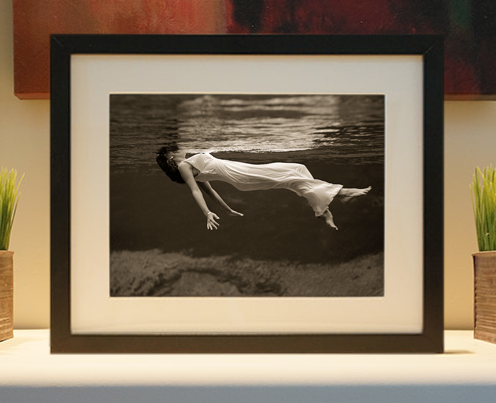
Framed or unframed, desk size to sofa size, printed by us in Arizona and Alabama since 2007. Explore now.
Shorpy is funded by you. Patreon contributors get an ad-free experience.
Learn more.

- Details, Details
- What's that building to the left of the tower?
- Coal Barges
- Bromo-Seltzer
- Inner harbor
- The Basin
- What a headache!
- Giant stepladder?
- Baldwin 62303
- Baldwin VO-1000
- Cold
- No expense spared
- Tough Guys
- Lost in Toyland
- And without gloves
- If I were a blindfolded time traveler
- Smoke Consumer Also Cooks
- Oh that stove!
- Possibly still there?
- What?!?
- $100 Reward
- Freeze Frame
- Texas Flyer wanted
- Just a Year Too Soon
- WWII -- Replacing men with women at the railroad crossing.
- Yes, Icing
- You kids drive me nuts!
- NOT An Easy Job
- I wonder
- Just add window boxes
Print Emporium
Buffalo: 1900
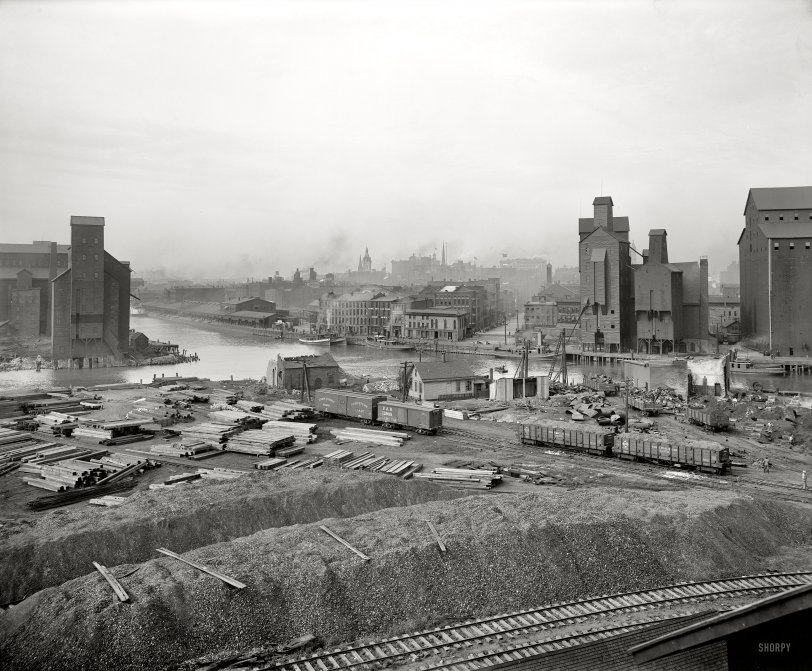
Circa 1900. "Buffalo, New York. Creek and elevators near foot of Main Street." Detroit Publishing Company glass negative. View full size.
1894 Buffalo Atlas
The map from the 1894 Buffalo Atlas depicting the foreground and buildings directly across the Buffalo River is here.
What is interesting about this is that the two elevators on the map and should be in the foreground (Sturgis Elevator and Eastern Elevator) were demolished by 1900. The little house is the little yellow rectangle with rear extension at the end of Ganson Street and the brick building all the way at the end is the remnant of the Sturgis Elevator. I think an alternate caption for this photo should be "Demolition of the Eastern Elevator, Buffalo NY, c. 1900." You can see the guys with picks and wheelbarrows and the piles of scrap metal being towed to the rivers edge, presumably for loading on a barge. Temporary tracks have been laid to allow for the movement of the scrap, tracks that do not appear in the 1894 Buffalo Atlas.
The end of Washington Street and Wilkeson and Wells elevators are directly across the river. The Lyons Elevator is on the left.
The layout of the DL&W complex at the end of Main Street is here.
Trains in the streets
I love the trains running right through the streets. As a lifelong Buffalonian, I would love to go back and live in this time for a week -- maybe around the time of the Pan American Expo.
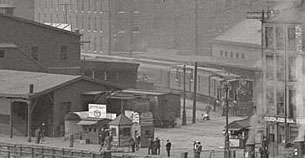
More detail
I also did notice the Old Post Office's (now ECC) tower to the right between the Marine Legs of the paper covered elevator.
If you look close you can see a DL&W passenger train between the buildings across the crick, pulled into the original passenger station's platforms. That is now the old parking lot for the Naval Park, under the Skyway.
The Erie Canal Commercial Slip the previous poster mentioned is located just behind the white freighter docked at the terminal along the river.
Somewhere in there. . .
is my grandfather, age 11. Thanks for posting this.
William James on Buffalo
"We had passed great smoky Buffalo in the raw vernal dawn – with a vision, for me, of curiosity, character, charm, whatever it might be, too needfully sacrificed, opportunity perhaps forever missed…"
-- The American Scene, p. 477
This photo pretty much sums it up.
Life Long Buffalonian
Wish you could see all these wonderful buildings today. People come from all over the world to see Buffalo's Architecture. I am presently working just around the corner from the Ellicott Square Building which when completed was the largest office building in the country. The other buildings B in B mentions below are even more spectacular! Buffalo has unearthed the very beginning of the Erie Canal which is somewhere in this photo. It is now part of our waterfront park as a tourist attraction.
Wow
The only remaining structures that I can ID would be County Hall, the Ellicott Square building and a couple of churches. Check out the Watson Elevator standing to the left. That's a 23 foot deep turning basin now. The detail level is outstanding, thanks man!
-B in B
Buffalo elevators
In the next three decades, milling would continue to grow as an industry in Buffalo. In 1930 it would take the title from Minneapolis as the world's largest miller.
What a layout!
I swear it's a model railroad masterpiece.
Snow vs. Paper
How did those buildings that look like they're covered in paper survive the brutal winters that Buffalo is famous for?
[Those are the grain elevators mentioned in the caption. - Dave]
I love this one
I've had this up on my screen for a long time. I long to walk through this city at this particular time and place. Chances are little of what we see here remains.
Buffalo wings
Right above Erie Railroad car 44176 looks to be a Free Chicken!
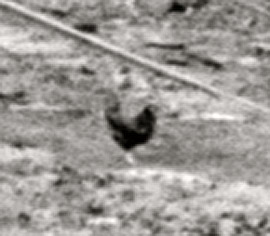





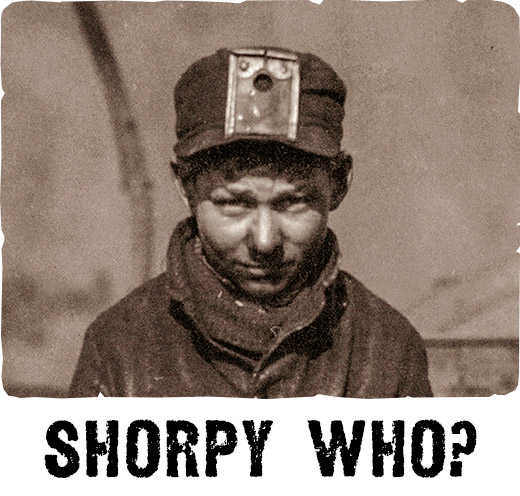
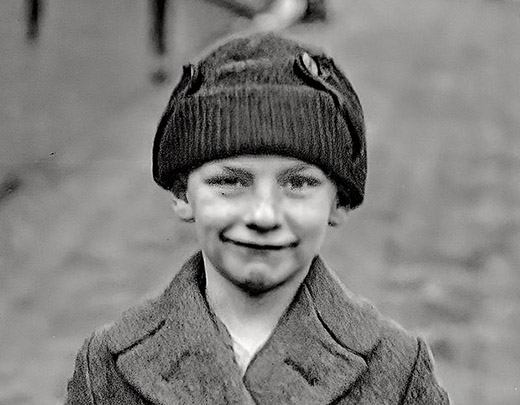
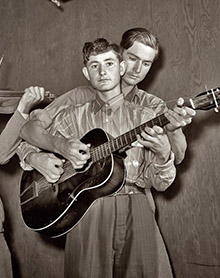
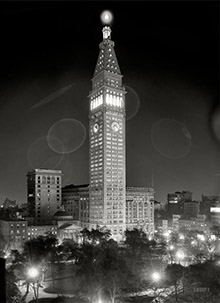
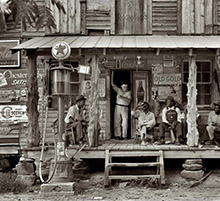
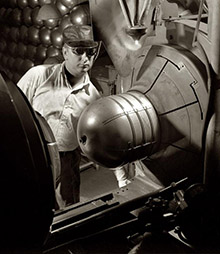
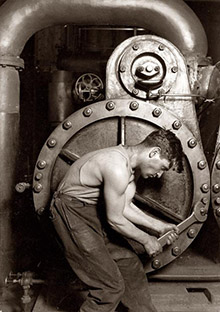
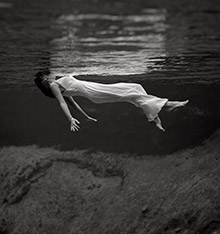
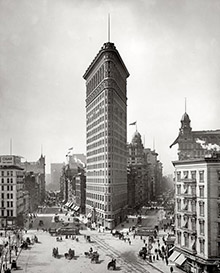



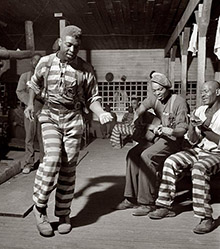
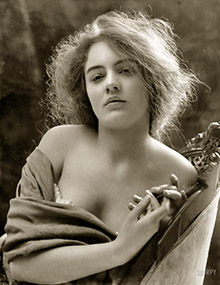
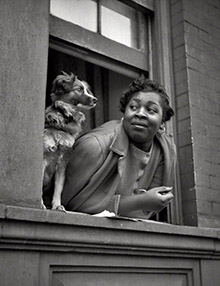

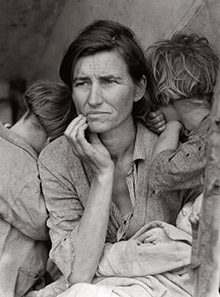

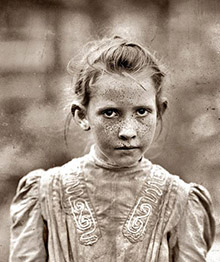
On Shorpy:
Today’s Top 5